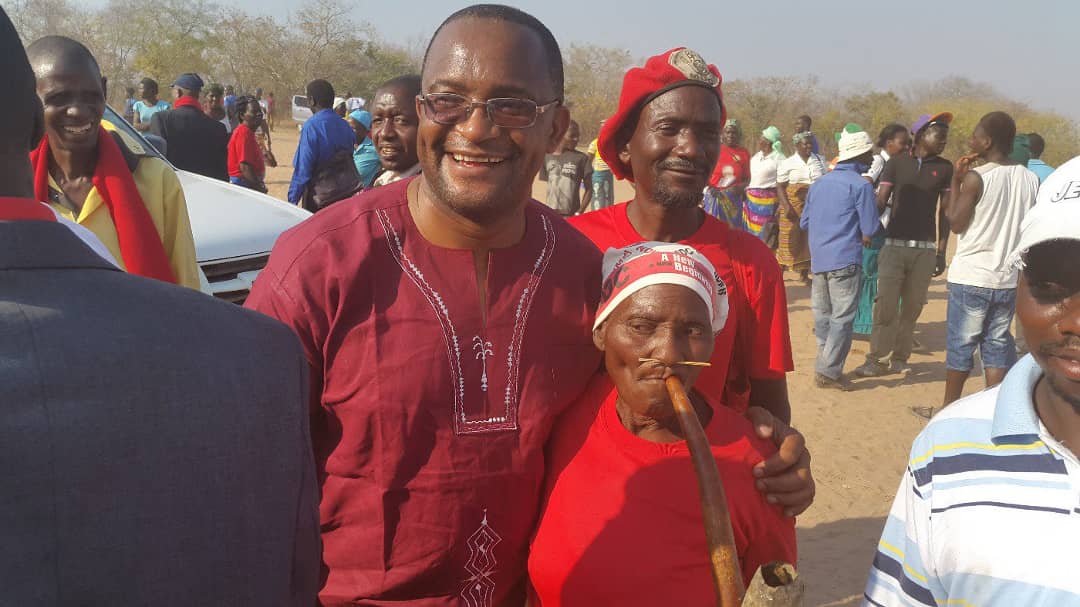By Lloyd Takawira
As the MDC theatrics and confusion rages on, a question has been constantly raised. Who is benefiting from this whole chaos? Has the voice of reason been applied in the whole charade? Have the leaders failed to dialogue?
Not a single day passes without an MDC drama. Social media is awash with the MDC dirty linens.
While both camps appearing on top of the situation, there has been an unquestionable locus standi that the main opposition leaders have lost traction.
Armed with a “sharp-edged axe” Supreme Court judgement , Khupe and Mwonzora faction has gone on a rampage recalling four mps and threatening to recall more.
On the other end, the Chamisa camp banking on the grassroot support has remained adamant promising to fight tooth and nail .
In a surprising twist of events, Nelson Chamisa allies this week convened a meeting attended by the party’s 2014 members. 151 of the 191 members of the 2014 MDC national council are said to have met and petitioned three of the party’s interim leadership to hold a meeting on June 6 to iron out issues arising from the Supreme Court ruling.
While cornered, reinstated secretary-general Doug Mwonzora said he would consider the petition but the demand for a June 6 meeting was a little late as another date had already been set.
MDC-T 2014 national council structures rallying behind MDC Alliance leader Nelson Chamisa. The meeting also rejected the recent Supreme Court ruling which recognised Thokozani Khupe as the bona fide acting party president.
Of note from the whole drama is that the protagonists have been fighting on their own while the real opponent Zanu PF is enjoying the fight as a bystander .
While the media and courts have been used as the battlegrounds the possibilities of what l would want to call “the table battleground”, “sitting and talking with each other, debating, discussing with a view to convincing the other, arguing for our point of view, examining pro’s and con’s” hasn’t been explored.
Michelle Maiese , 2003 argues that
people often lack the ability to converse about subjects that matter deeply affect them as a result, public discourse about divisive issues is often characterized by destructive debate that can lead to group division and violence .
In the case of the MDC wars it can be observed that while both camps are operating from different interpretations of facts and events that may not even be fully understood by the parties themselves, there was or there still need for dialogue.
The long-term benefits of having the MDC warring leaders dialogue are improved relations in the community, often enabling further development of their party through social and political action that can help dislodge Zanu PF from power.
It can be succinctly postulated that for both the Chamisa and Khupe camp if they entertain any hope of occupying state house, then they need to sit down and discuss as dialogue brings slow and lasting results, change from within the community itself and brings on constructive solutions.
